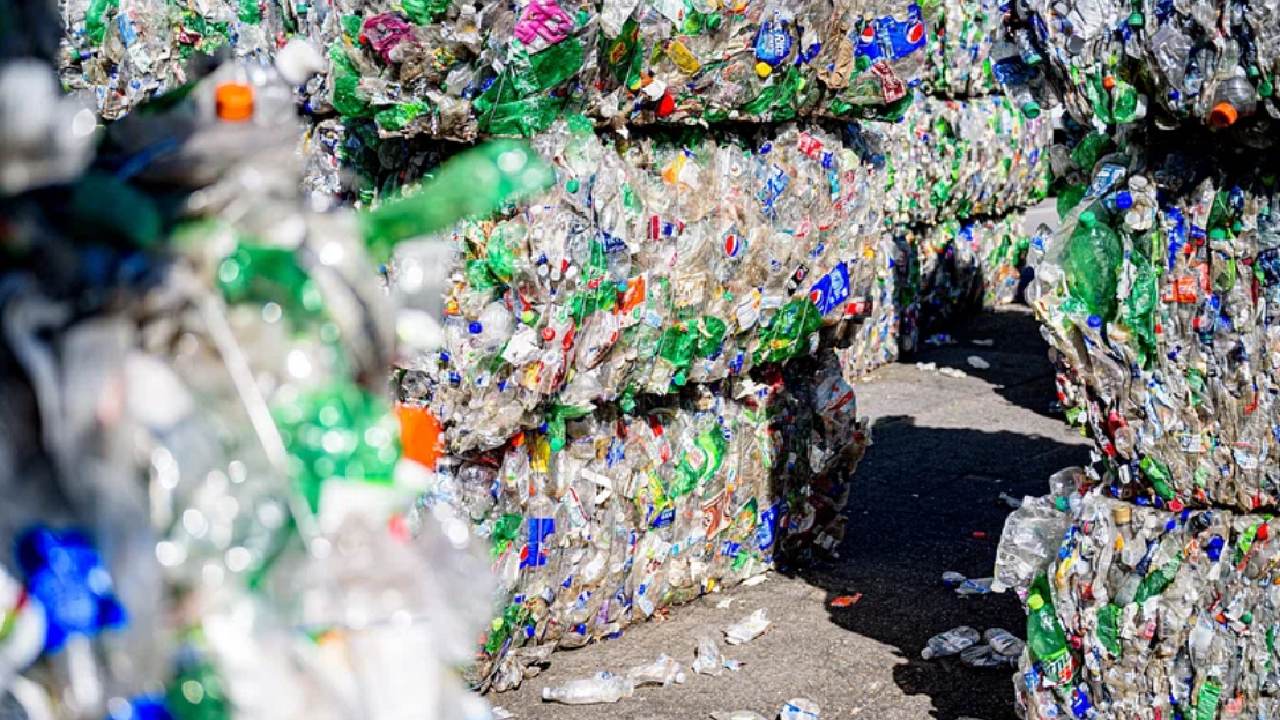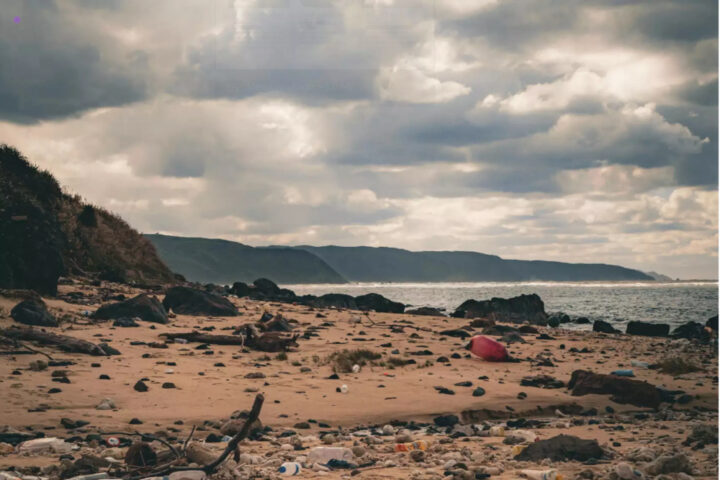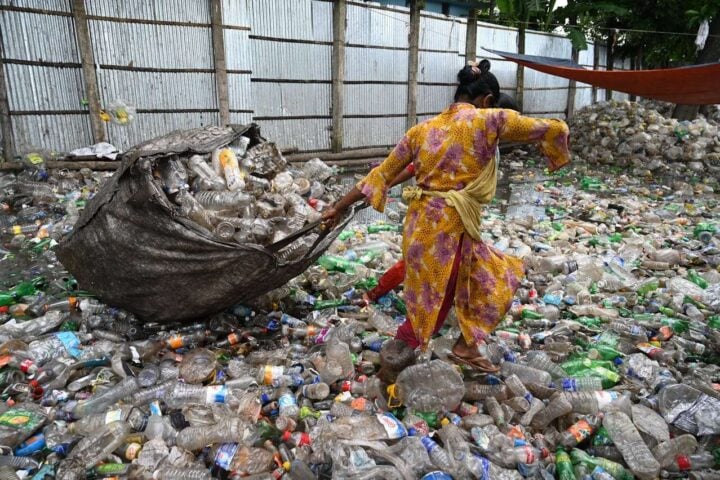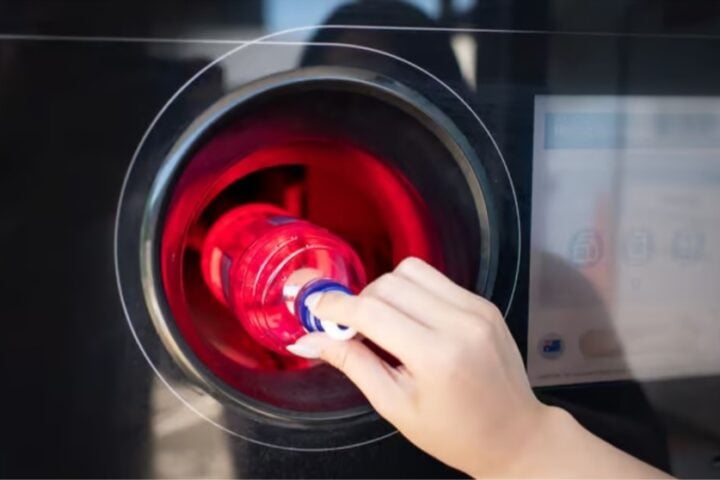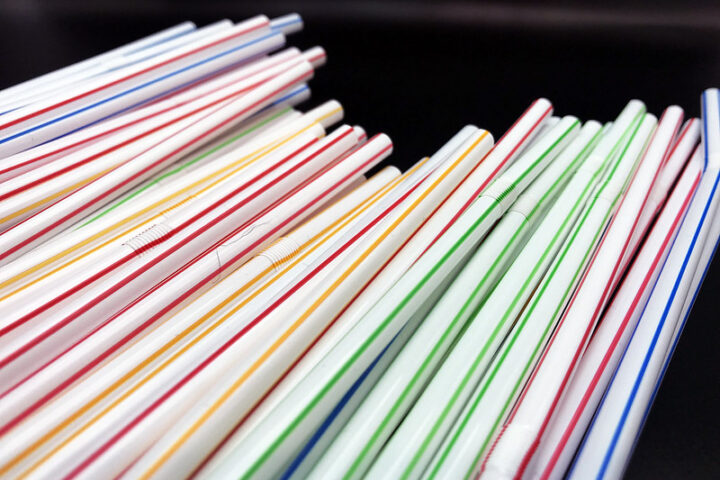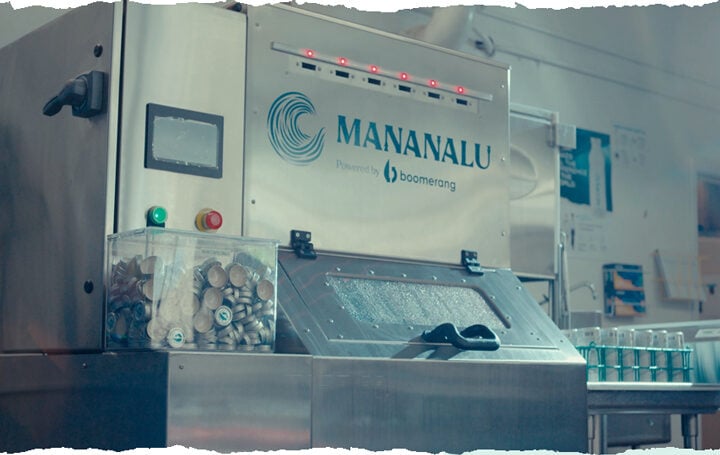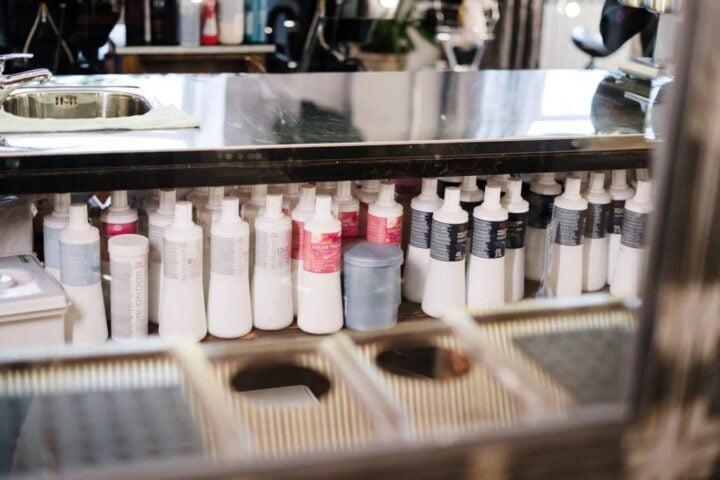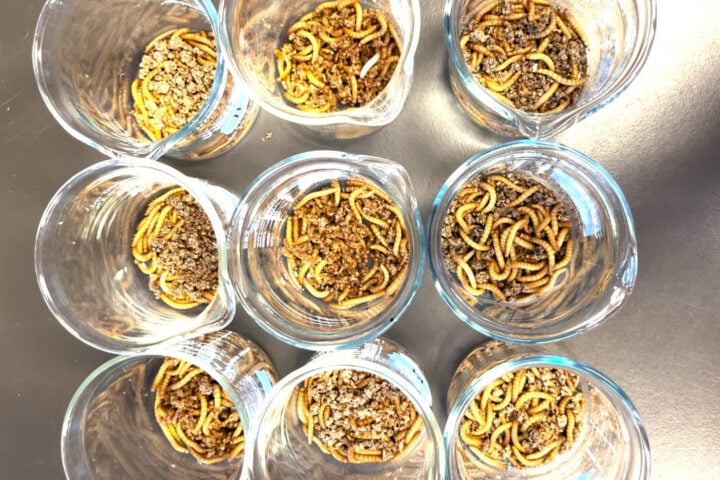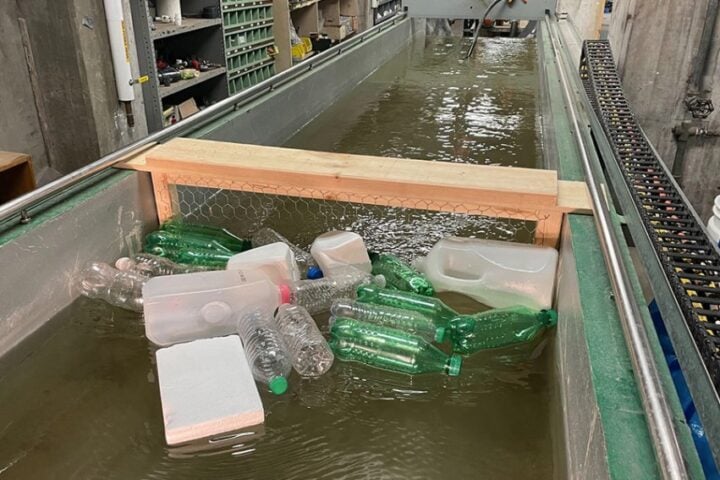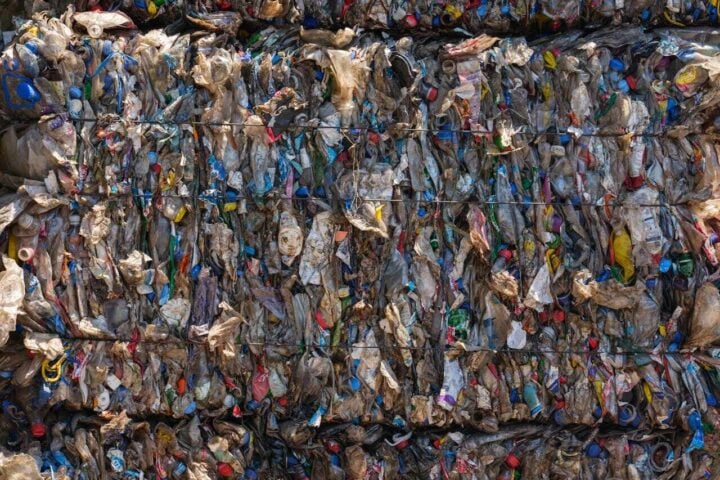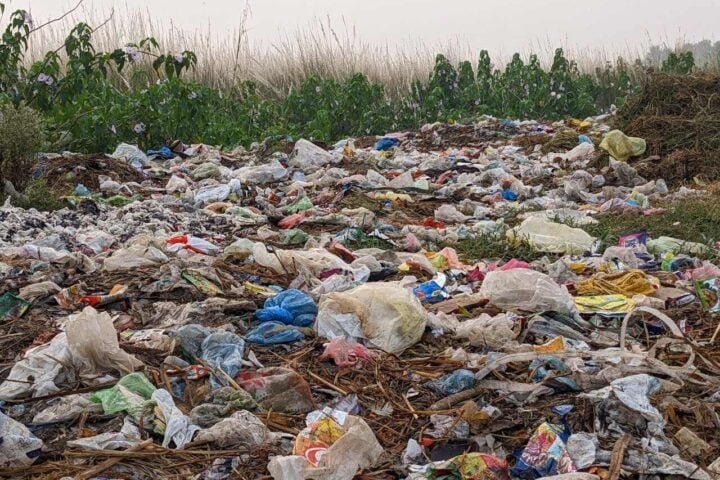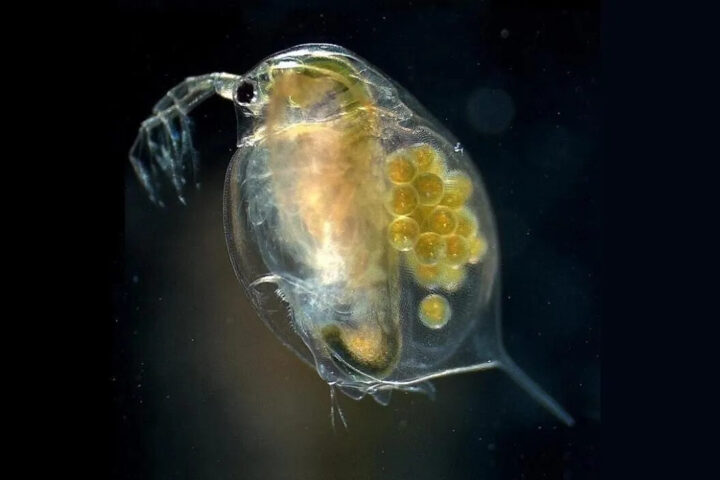As a newly published study in Science Advances, five major companies account for 24% of global plastic pollution. Less than 60 multinational corporations are responsible for more than half of the world’s plastic pollution, and five are responsible for a quarter of that amount, according to research published on Wednesday. The researchers stressed that the top five global brands were The Coca-Cola Company (11%), PepsiCo (5%), Nestlé (3%), Danone (3%), and Altria (2%), representing 24% of the total brands, and 56 companies accounted for more than 50%.
Moreover, it was revealed that there is a clear and strong relationship between the annual plastic production of the companies and the pollution from their brand, the scientists who studied over 1.87 million plastic items in 84 countries over five years (2018-2022) reported. “Our study underscores the critical role of corporate accountability in tackling plastic pollution,” said the director of Science and Innovation at the 5 Gyres Institute, Dr. Lisa Erdle. “I urge world leaders at INC-4 to listen to the science, and to consider the clear link between plastic production and pollution during negotiations for a Global Plastics Treaty,” she added.
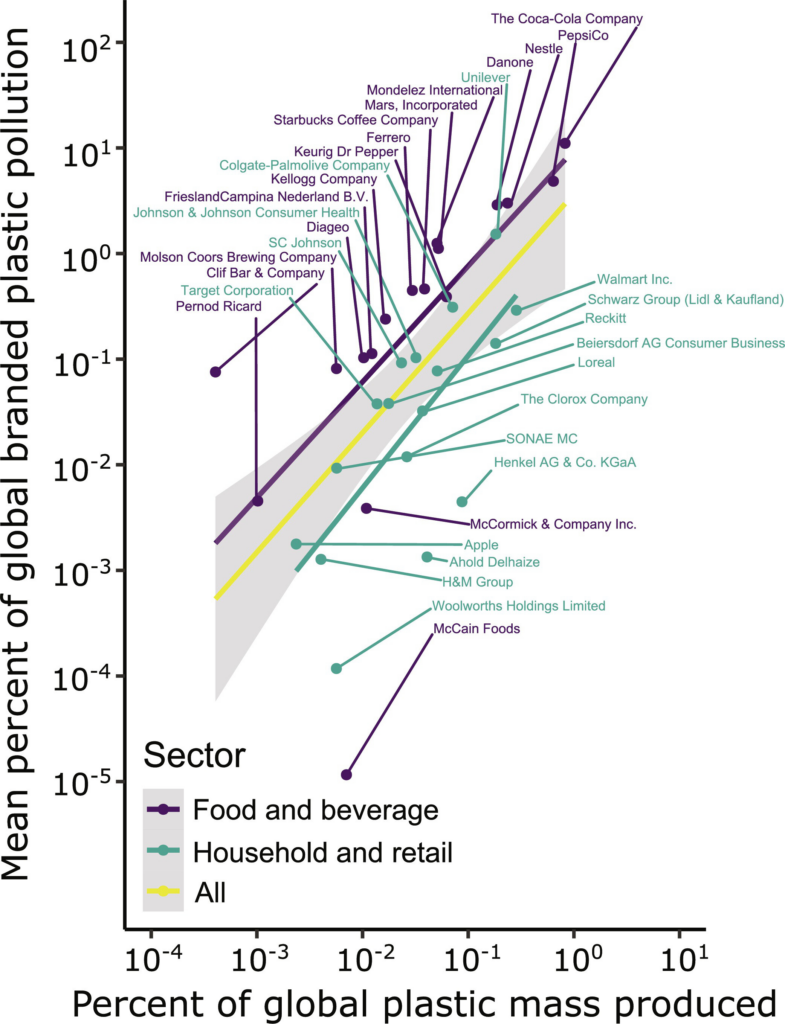
The research showed that 52% of the 1,873,634 items had no brand and therefore could not be traced. Of the 909,771 branded items, 24% could be traced back to five multinationals: The Coca-Cola Company was responsible for 11% of the waste; PepsiCo for 5%; Nestlé for 3%; Danone for 3%; and Altria/Philip Morris International for 2%. “It means that producers big and small are toeing the line, despite all the things big brands say they are doing, we see no positive impact from their efforts,” said Win Cowger, Research Director, The Moore Institute for Plastic Pollution Research.
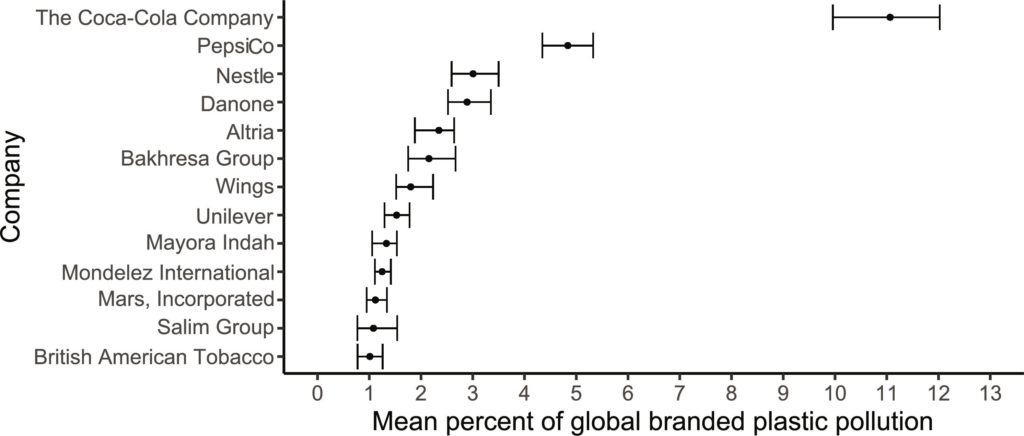
The research, led by scientists from a dozen universities in the United States, Australia, the Philippines, New Zealand, Estonia, Chile, Sweden, Canada, and the United Kingdom, found that 56 transnational companies are responsible for more than half of all brand-associated plastic pollution. Dr. Jorge Emmanuel, one of the co-authors and adjunct Professor and Research Faculty Fellow at Silliman University said “This has led to a narrative in social media that blames poor countries for global plastic pollution, ignoring the fact that around the 1960s global companies flooded developing countries with cheap, single-use plastics displacing traditional biodegradable materials and sustainable reuse-refill systems which, in the case of the Philippines, dated back to the 16th century.”
Similar Posts
The study concludes that consumer goods companies disproportionately contribute to the problem more than domestic and retail item firms, reported Break Free From Plastic, a global movement calling for massive reductions in single-use plastic and promoting lasting solutions to the plastic pollution crisis. The authors argue that these findings highlight the need for mandatory labeling of plastic products to enforce corporate responsibility.
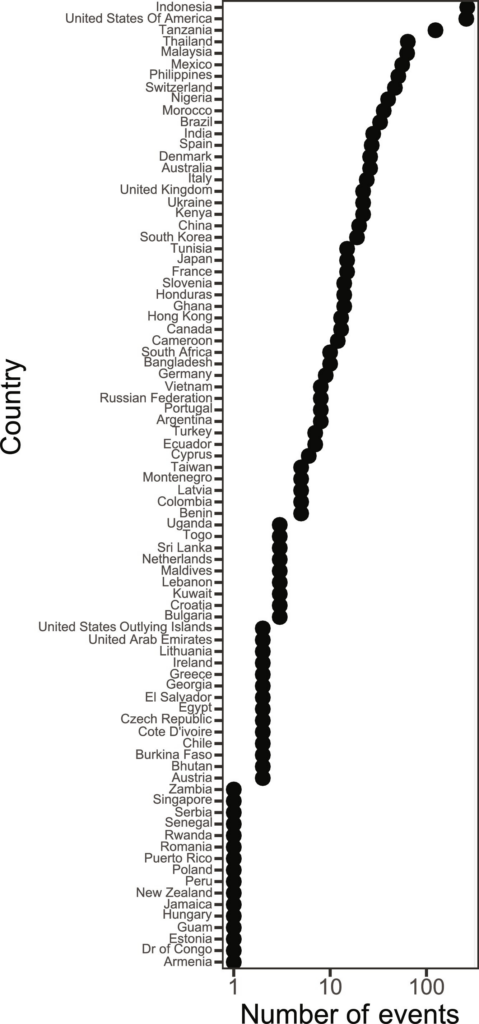
Annually, 460 million tons of plastics are produced worldwide, and only 9% are adequately recycled, according to the Organization for Economic Cooperation and Development (OECD). If nothing changes, by 2060 the world will produce more than 1.2 billion tons of plastics annually. In this context, countries have been trying for several years to push for a global treaty to end plastic pollution through the so-called Intergovernmental Negotiating Committee (INC). “We were surprised to find that the direct relationship between plastic production and plastic pollution was consistent around the world, irrespective of whether the litter audits were conducted in the global north or global south,” says Dr. Walker of Dal’s School for Resource and Environmental Studies.
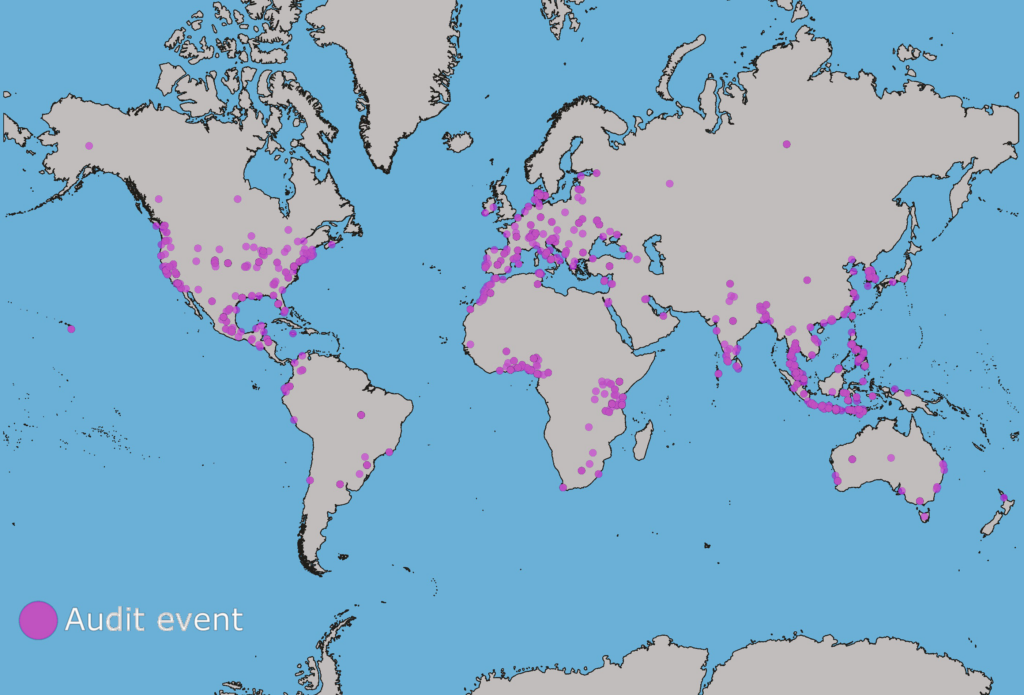
The gradual elimination of single-use and short-lived plastic products by the biggest polluters would greatly reduce global plastic pollution, the authors of a new study suggest. The goal is to complete its work in five sessions before the end of 2024. So far, they have met three times: November 2022, May 2023, and November 2023. Currently, the fourth meeting of the committee is being held in Ottawa, Canada. It commenced on Tuesday 23 and will go on untill Monday 29 April. The delegates from 174 countries must advance in drafting an international legally binding instrument on plastic pollution, including the marine environment.
Source for all figures: www.science.org/doi/10.1126/sciadv.adj8275
